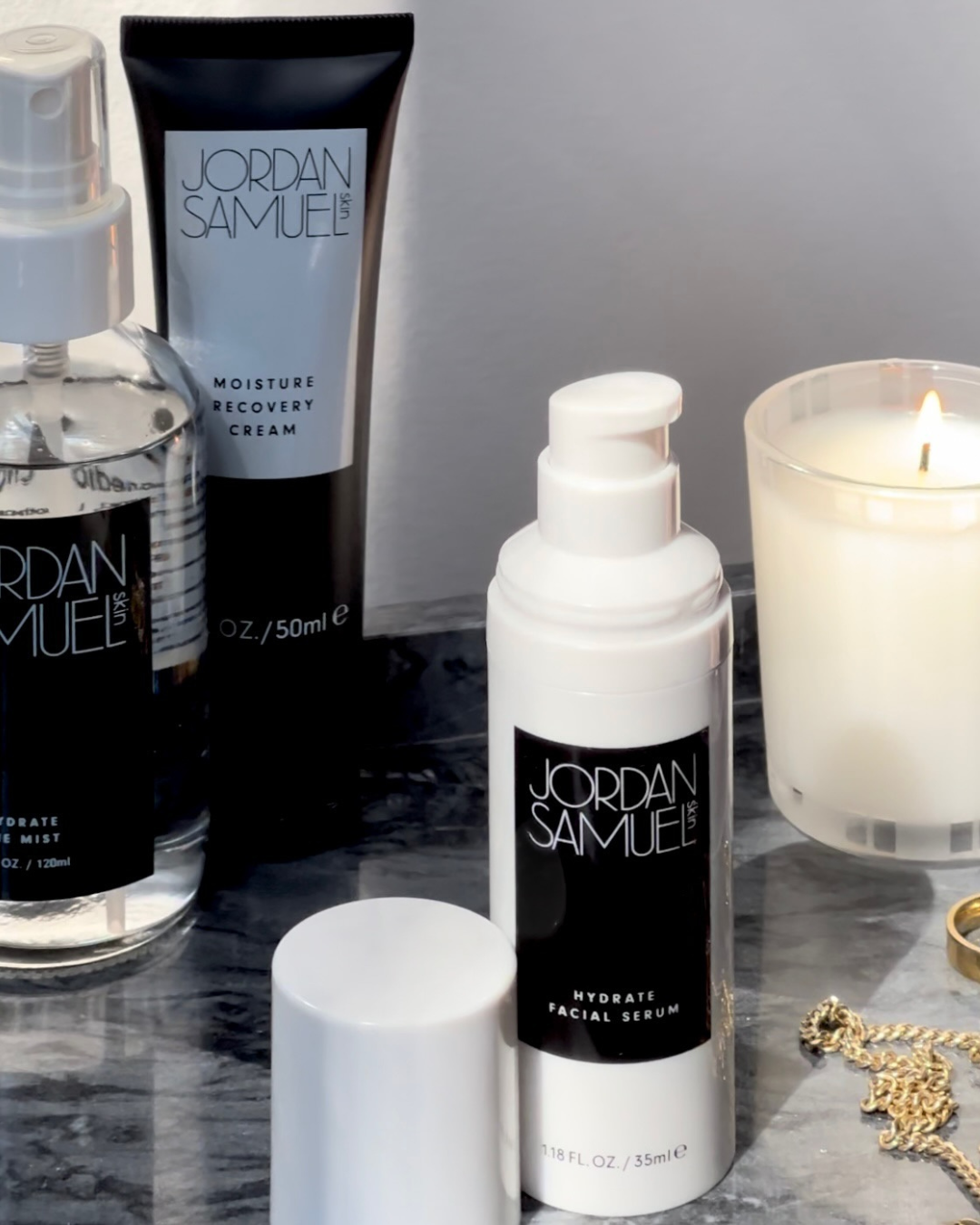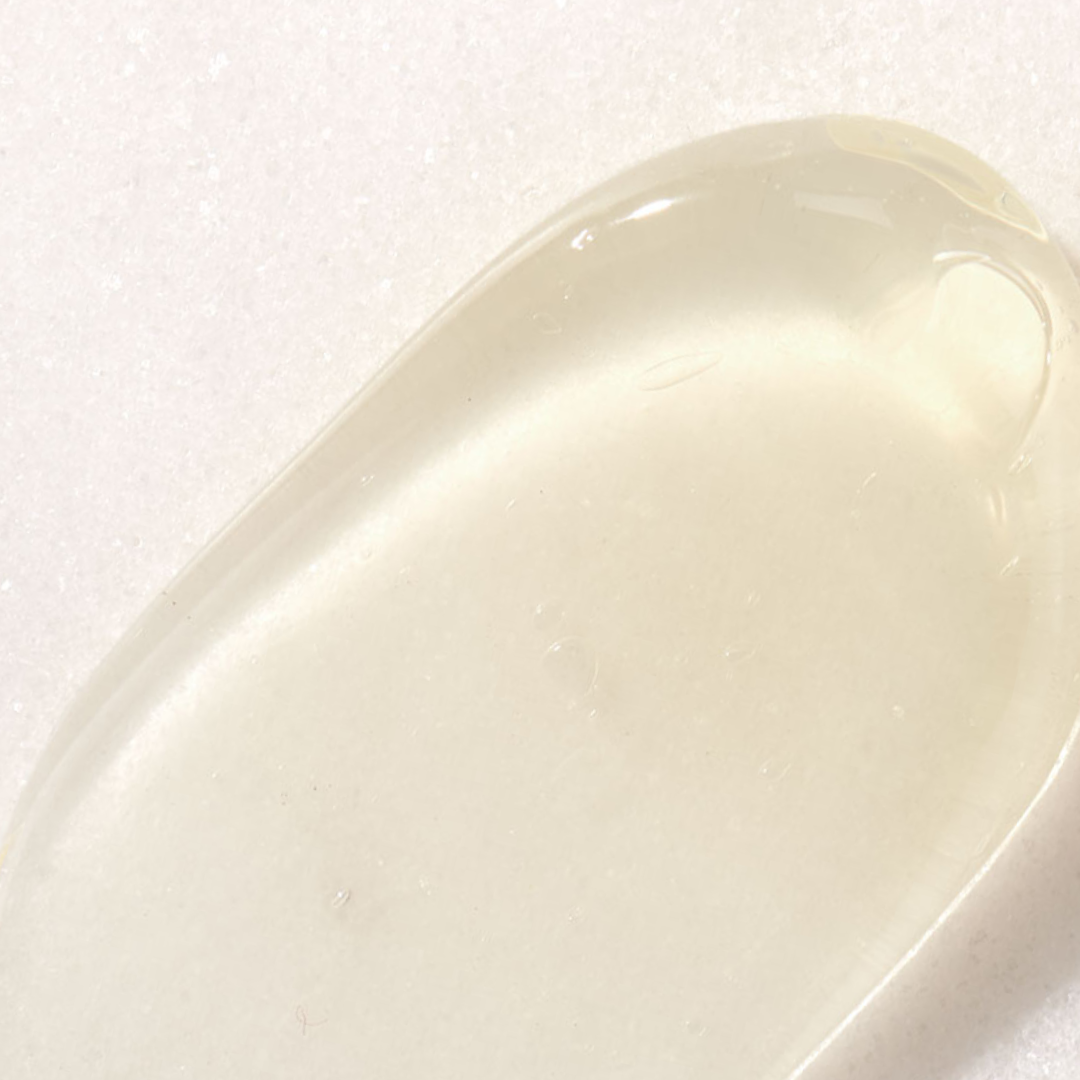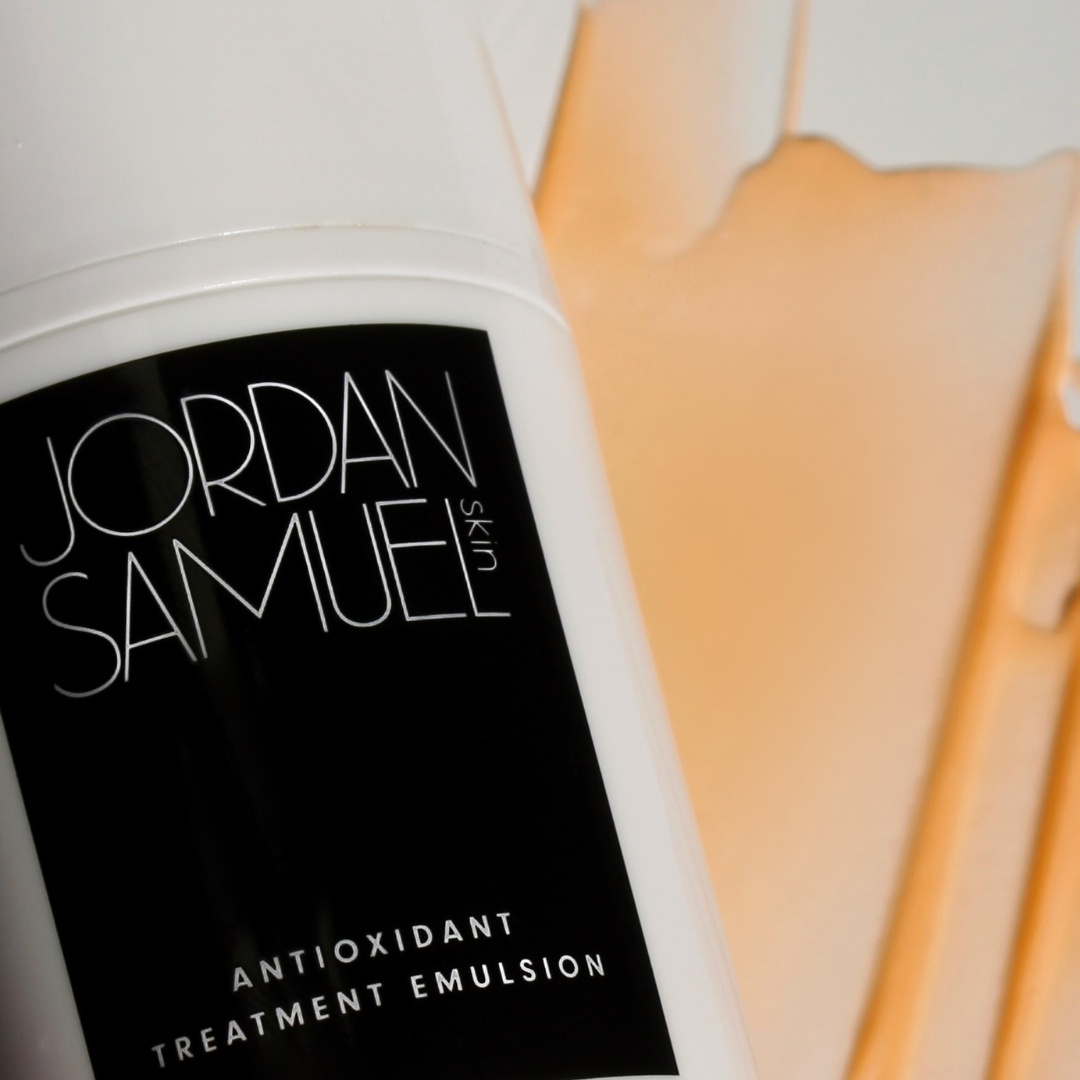When it comes to skincare and antioxidants, everyone has heard of the benefits of Vitamin C. This is for good reason—it’s well researched and can provide great results; however, it can also be sensitizing for some skins and not everyone will be able to get on with it. Unfortunately, I happen to be one of those people. Luckily, Vitamin C is not the only option—in fact, it is just one of MANY antioxidants that offer a myriad of benefits to the skin. So, if you’re someone whose skin has been unable to tolerate topical vitamin C, or are looking for what else is out there, this blog article will try to help us see beyond the C.
In our daily lives, we constantly get barraged with free radicals from environmental sources like pollution, UV damage, smoke, and alcohol. The cumulative effects emerge as some of the most common skin concerns—uneven skin tone or texture, fine lines, wrinkles, and sagging. Introducing more antioxidants in your skincare routine can help to protect and strengthen your skin by balancing out these harmful influences.
Vitamin C, a well-known and well-researched antioxidant in skincare products, is sought out by consumers for its ability to protect the skin from such oxidative damage, helping to even skin tone, fade the appearance of dark spots and combat other signs of aging. While other antioxidants do not have the same abundance of research behind them, the existing evidence gives us reason to be optimistic that they would prove to be just as beneficial if put under the microscope, offering similar insurance against premature aging, hyperpigmentation, and visible redness.
Some powerful antioxidants to look for beyond the big C include:
- Astaxanthin – a member of the carotenoid family, this potent antioxidant is found in algae and is responsible for giving salmon their pink color.
- Niacinamide – the active, soluble form of vitamin B3, that helps to brighten skin. It can also aid in minimizing excess oil on the skin to help keep breakouts in check.
- Resveratrol – a potent antioxidant from red grapes and red wine that helps combat oxidative stress on the skin. Also helps to reduce redness.
- CoQ10 (Ubiquinone) – a potent antioxidant to help neutralize free radicals.
- Vitamin E – with both antioxidant and emollient properties, it can be found in many plant seed-derived oils like almond oil, grapeseed oil and avocado oil.
- Green Tea Extract – known for its skin-soothing properties, it can also help to improve the look of sun damaged skin.
In a nutshell, not all ingredients work for everyone due to sensitivities and allergies—and that’s ok! As someone with finicky and sometimes delicate skin, I often find myself gravitating toward peptides and these lesser-known antioxidants as substitutes for vitamins A and C to get the results I’m seeking. If vitamin C doesn’t work for you, there is no need to have FOMO… you may just need to explore other antioxidant-rich options and experiment to find what works best for you. Once you find the products with the right mix of ingredients for your skin, you will be glowing!
Xo,
Jordan
References:




